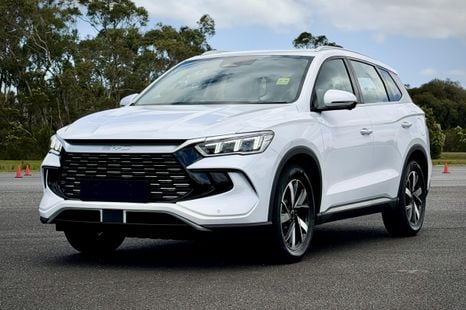

Ben Zachariah
2026 BYD Sealion 5 Essential review
1 Hour Ago

News Editor
Hyundai Motor Company is seeking double-digit profit margins and two million sales annually for its electric vehicles (EVs) by 2030, and says a new dedicated EV platform will help it get to both.
The company announced a more ambitious EV strategy as part of its 2023 CEO Investor Day in Seoul, confirming it’s investing KRW 35.8 trillion (A$40.96bn) from 2023 to 2032 in electrification – up from the previously announced KRW 19.4 trillion (A$22.19bn).
That’s part of a KRW 109.4 trillion (A$125.17bn) ‘Hyundai Motor Way’ investment designed to accelerate the company’s transition to being a smart mobility solution provider, which includes continued investment in robotics, hydrogen, autonomous driving and advanced air mobility.
Its new platform, called the Integrated Modular Architecture (IMA), will replace the Electric-Global Modular Platform (E-GMP) that underpins models like the Ioniq 5 and Ioniq 6.

The second-generation platform will be used on 13 new dedicated EV models across the Hyundai, Kia and Genesis brands through 2030, encompassing “nearly all vehicle classes”.
Hyundai says this includes small and large SUVs, pickup trucks, and flagship models for the Genesis brand.
As part of its development of the IMA, Hyundai intends to standardise modules and parts between models to further expand economies of scale, instead of such components being limited to vehicles sharing the same platform.
It says this will allow over 80 common modules to be utilised across different segments, regardless of vehicle type.
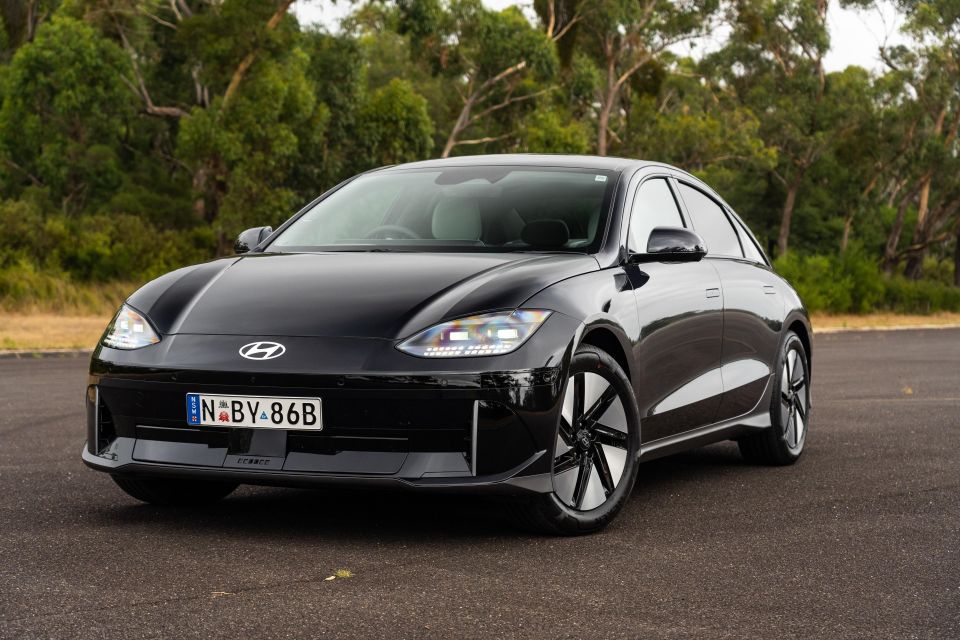
EVs on the IMA will use next-generation NCM (nickel manganese cobalt) and LFP (lithium iron phosphate) batteries, while Hyundai says it is exploring “different form factors of batteries to enhance versatility”.
The first Hyundai vehicles with LFP batteries will appear in 2025, aimed at emerging markets.
Hyundai also plans to implement technology that enables battery charging and discharging while driving, courtesy of an independent power bank, plus an AI-based battery management system with real-time monitoring and greater protection against thermal runaway.
It’s also continuing its work on solid-state batteries with startup Solid Power, while also establishing battery joint ventures in Indonesia and the US and weighing another in Europe to ensure stable supply.
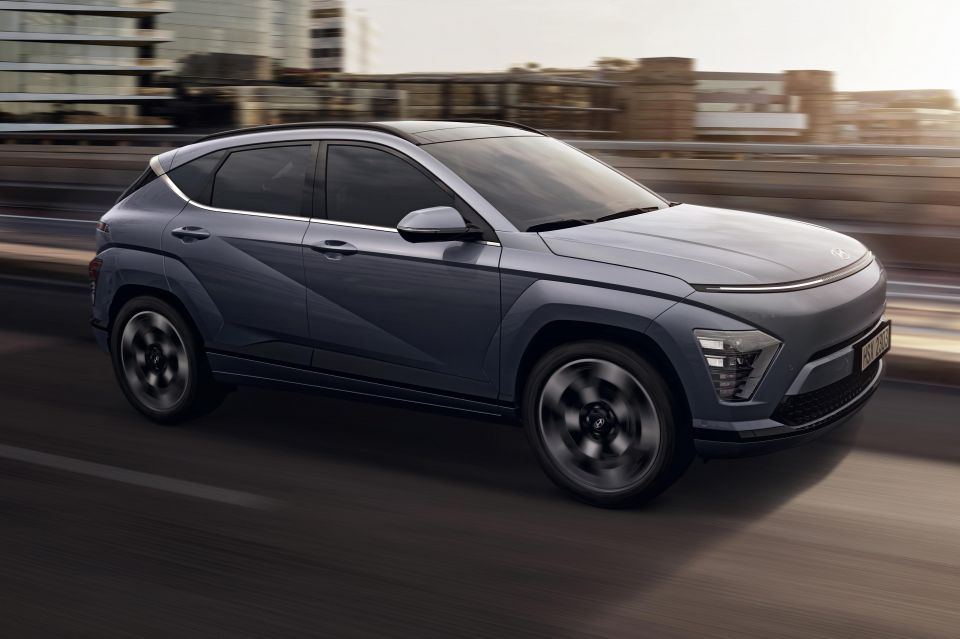
As a result, the company plans to stably procure more than 70 per cent of battery demand through its various joint ventures starting from 2028.
It has also established a specialised battery development organisation and processes for recycling battery materials.
It expects global EV production to increase from 8.0 per cent this year to 34 per cent in 2030, and is establishing both new EV production facilities and converting existing factories.
In the meantime, while demand for combustion-powered vehicles remains high, Hyundai will continue to produce many of its EVs on mixed EV/ICE production lines. It’s doing this in the US, South Korea, Czechia and India.
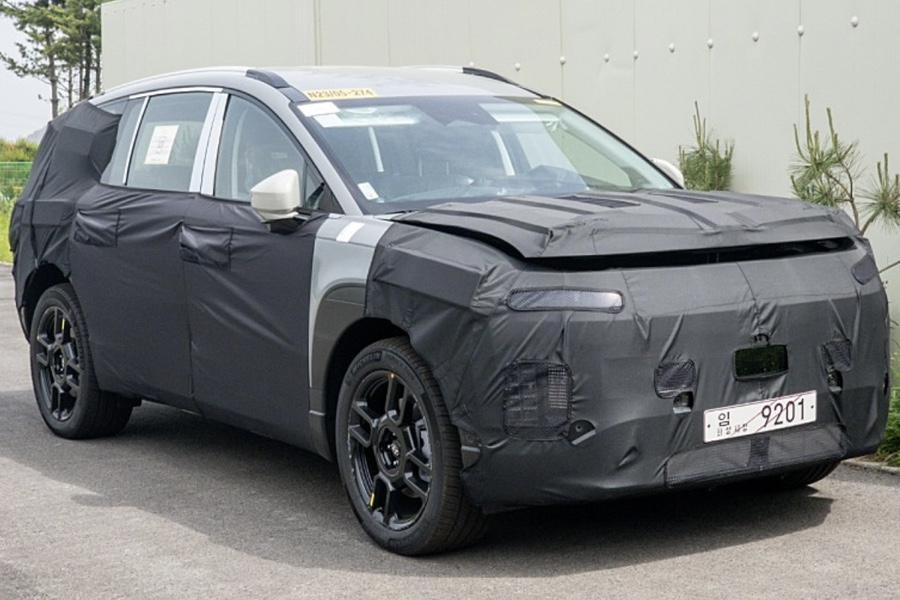
Its first dedicated EV factory, the Hyundai Motor Group Metaplant America, is set to open in the second half of 2024 with an annual production capacity of 300,000 vehicles. Another dedicated plant in Korea will start producing EVs in 2025.
Hyundai is now targeting 2 million EV sales in 2030, up from 1.87 million, and is raising sales targets in major regions.
It’s also targeting more than 10 per cent profitability for its EVs in 2030.
Over the next three years, it’s splitting funding 50/50 between ICE vehicles and future technologies, but from 2026 it anticipates investment in ICE will gradually decrease until EVs receive more investment.
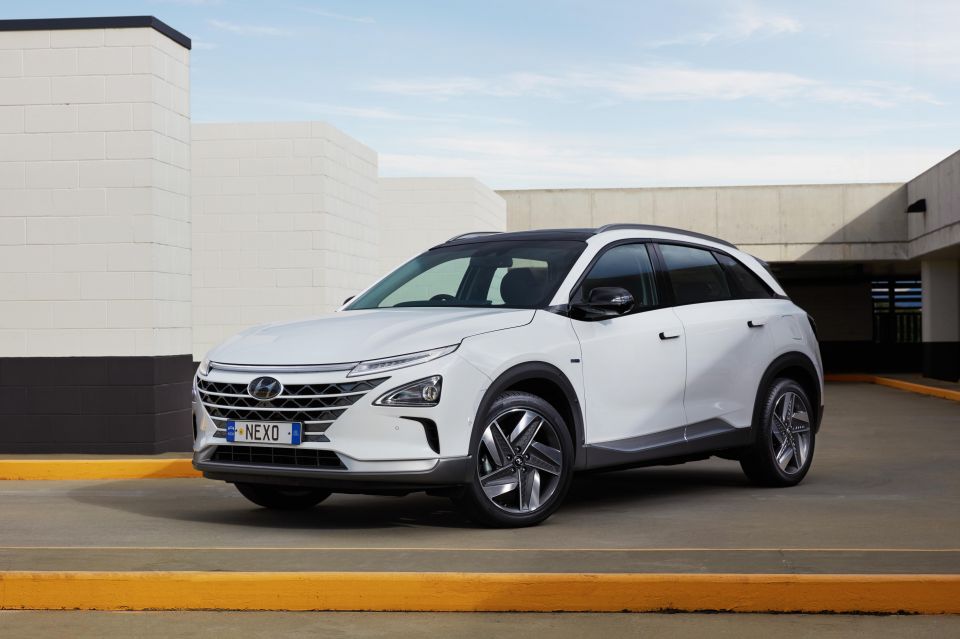
The company is pursuing a software-defined vehicle (SDV) strategy, with an “app ecosystem”, Level 3 and higher autonomous driving, and advancements in over-the-air updates.
Its SDV strategy will be supported by 42dot, acquired by Hyundai last year.
42dot is developing its own software platform by 2024 with the aim of launching an autonomous driving purpose-built vehicle business after 2027 and turning a profit after 2028.
Despite the expanded EV investment, Hyundai still sees a future for hydrogen fuel-cell electric vehicles (FCEVs).
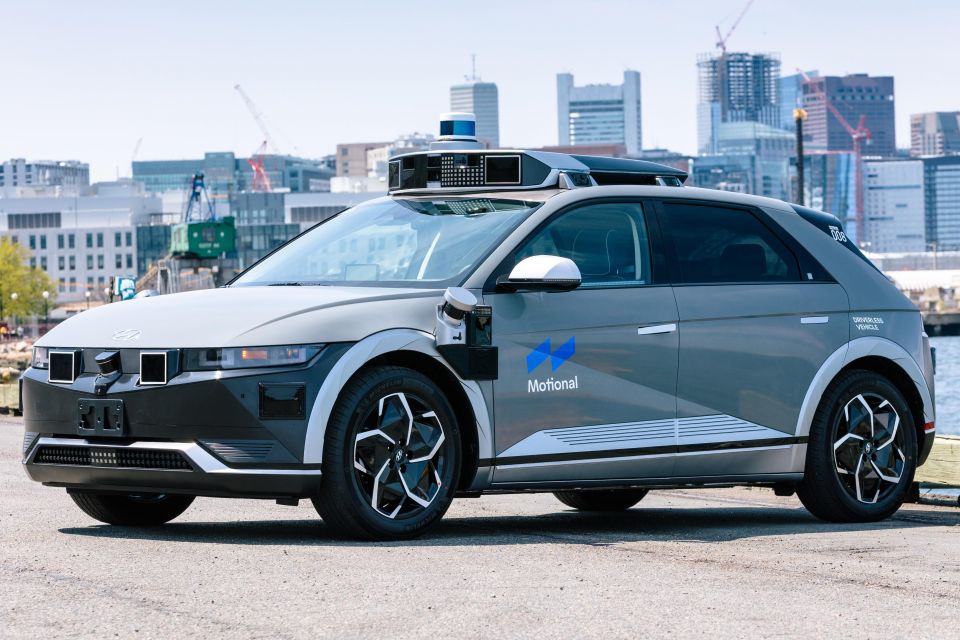
It’s building a Mobilize Energy ‘toolbox’ for the production of hydrogen and green steel. Clean hydrogen, including biogas and waste plastic-based hydrogen, will power its EV production facilities, logistics and infrastructure, as well as data centre and other applications in the future.
Hyundai says it will announce more information on its hydrogen strategy at the 2024 CES.
Autonomous robotaxi development is continuing apace, with Hyundai and Aptiv’s joint venture Motional set to launch in Las Vegas this year with a driverless Ioniq 5.
Hyundai is developing the sales network, infrastructure and after-sales service for this business, and is conducting pilot services with Uber and Lyft.

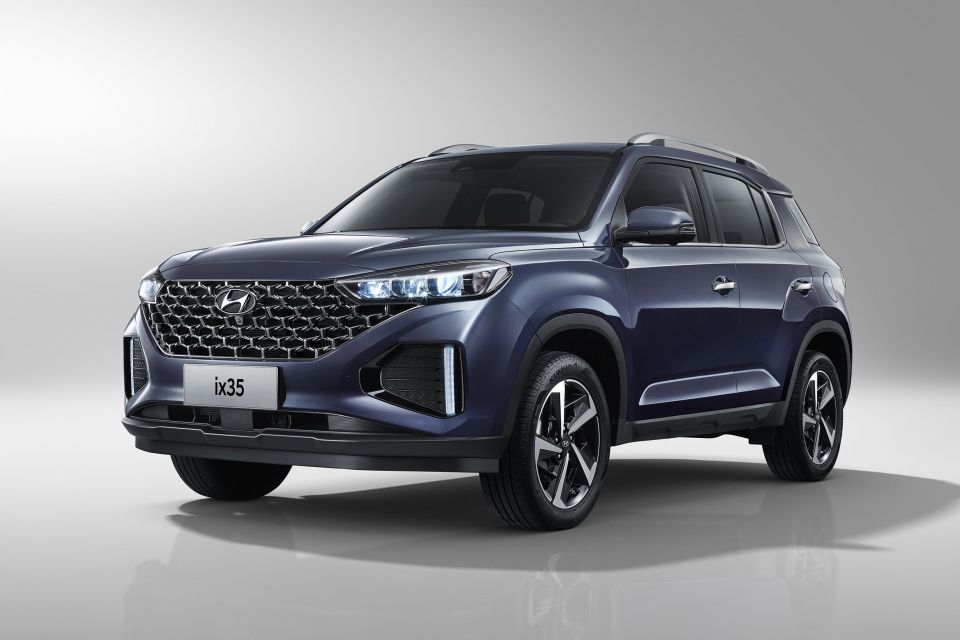
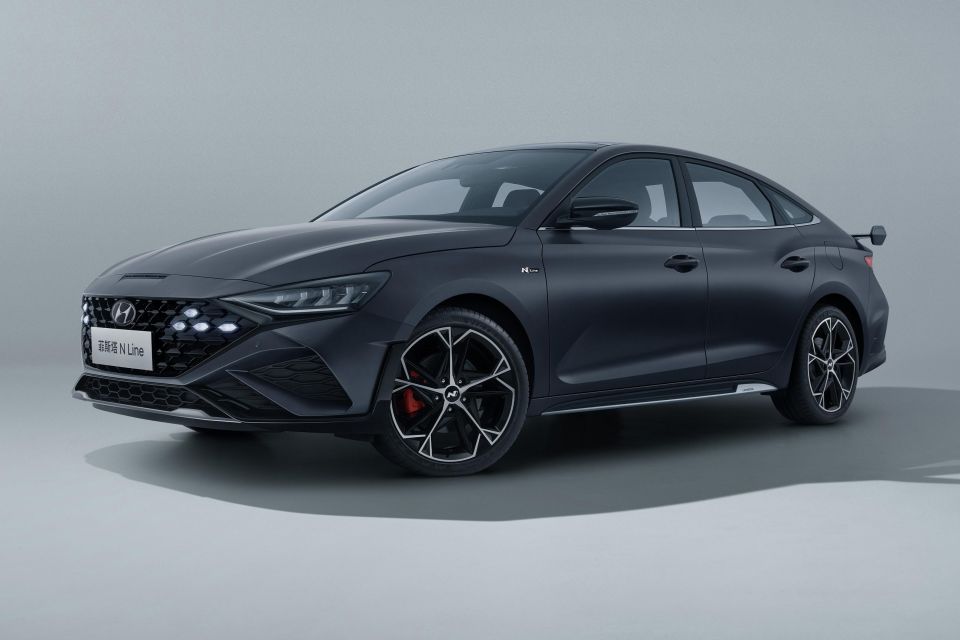
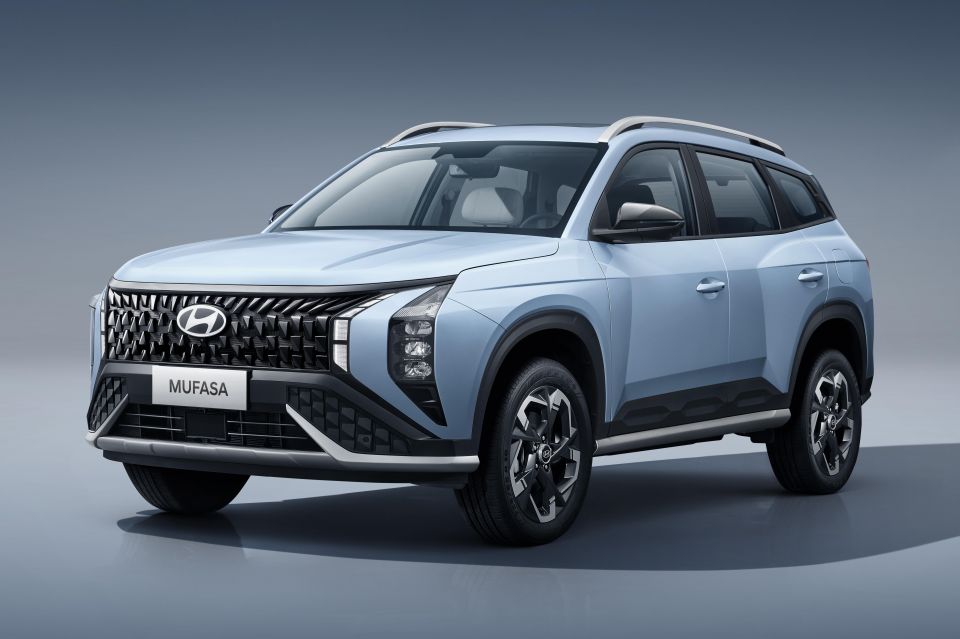
Investment in robotics continues following Hyundai’s acquisition of Boston Dynamics, as does its work in advanced air mobility through firm Supernal with the aim of creating an entire AAM ecosystem.
Hyundai says it’s also turning crises into opportunities, citing its flagging Chinese operations as an example. They’re set to get a major restructuring.
It is whittling down its five factories there to just two, and will expand exports to emerging markets from these plants.
Hyundai will also reduce its Chinese line-up from 13 vehicles to eight, focusing on SUVs and Genesis-brand vehicles while also actively promoting the N brand recently confirmed for launch there.
The company currently sells a wide range of vehicles tailored for the Chinese market, including the recently revealed Mufasa, as well as the Lafesta, Custo and ix35.
Go deeper on the cars in our Showroom, compare your options, or see what a great deal looks like with help from our New Car Specialists.
William Stopford is an automotive journalist with a passion for mainstream cars, automotive history and overseas auto markets.


Ben Zachariah
1 Hour Ago
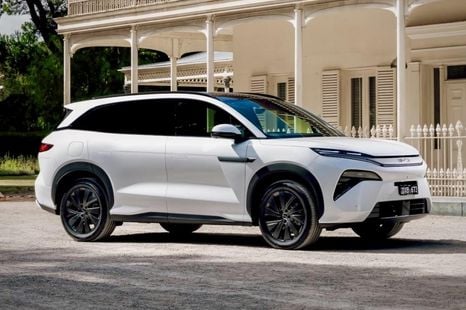

Ben Zachariah
1 Hour Ago
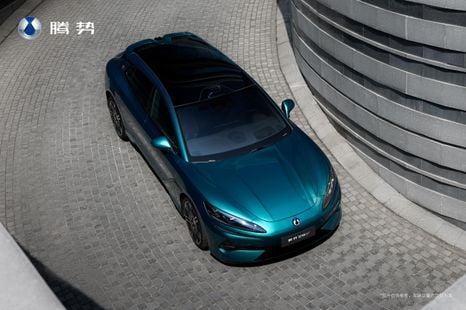

William Stopford
7 Hours Ago
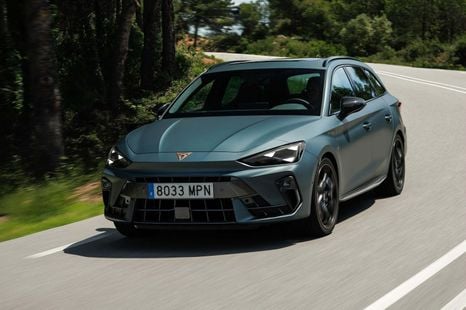

William Stopford
8 Hours Ago
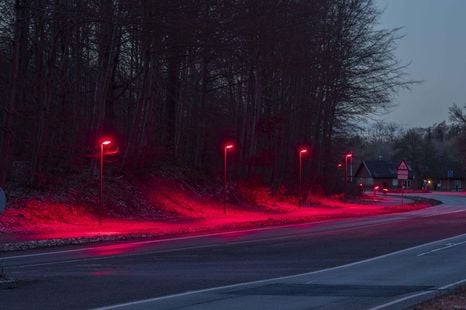

Damion Smy
11 Hours Ago
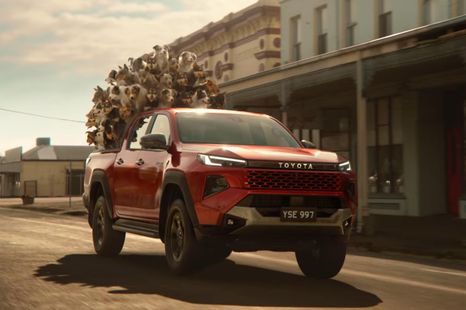

Damion Smy
12 Hours Ago
Add CarExpert as a Preferred Source on Google so your search results prioritise writing by actual experts, not AI.